Arsenic Trioxide Induces Apoptosis of Human Monocytes during Macrophagic Differentiation through Nuclear Factor-κB-Related Survival Pathway Down-Regulation
Por um escritor misterioso
Last updated 01 março 2025

Arsenic trioxide (As2O3) is known to be toxic toward leukemia cells. In this study, we determined its effects on survival of human monocytic cells during macrophagic differentiation, an important biological process involved in the immune response. As2O3 used at clinically relevant pharmacological concentrations induced marked apoptosis of human blood monocytes during differentiation with either granulocyte-macrophage colony-stimulating factor or macrophage colony-stimulating factor. Apoptosis of monocytes was associated with increased caspase activities and decreased DNA binding of p65 nuclear factor-κB (NF-κB); like As2O3, the selective NF-κB inhibitor ( E )-3-[(4-methylphenyl)-sulfonyl]-2-propenenitrile (Bay 11-7082) strongly reduced survival of differentiating monocytes. The role of NF-κB in arsenic toxicity was also studied in promonocytic U937 cells during phorbol 12-myristate 13-acetate-induced macrophagic differentiation. In these cells, As2O3 first reduced DNA binding of p65 NF-κB and subsequently induced apoptosis. In addition, overexpression of the p65 NF-κB subunit, following stable infection with a p65 retroviral expressing vector, increased survival of As2O3-treated U937 cells. As2O3 specifically decreased protein levels of X-linked inhibitor of apoptosis protein and FLICE-inhibitory protein, two NF-κB-regulated genes in both U937 cells and blood monocytes during their differentiations. Finally, As2O3 was found to inhibit macrophagic differentiation of monocytic cells when used at cytotoxic concentrations; however, overexpression of the p65 NF-κB subunit in U937 cells reduced its effects toward differentiation. In contrast to monocytes, well differentiated macrophages were resistant to low concentrations of As2O3. Altogether, our study demonstrates that clinically relevant concentrations of As2O3 induced marked apoptosis of monocytic cells during in vitro macrophagic differentiation likely through inhibition of NF-κB-related survival pathways.

Arsenic Trioxide Induces Apoptosis of Human Monocytes during Macrophagic Differentiation through Nuclear Factor-κB-Related Survival Pathway Down- Regulation
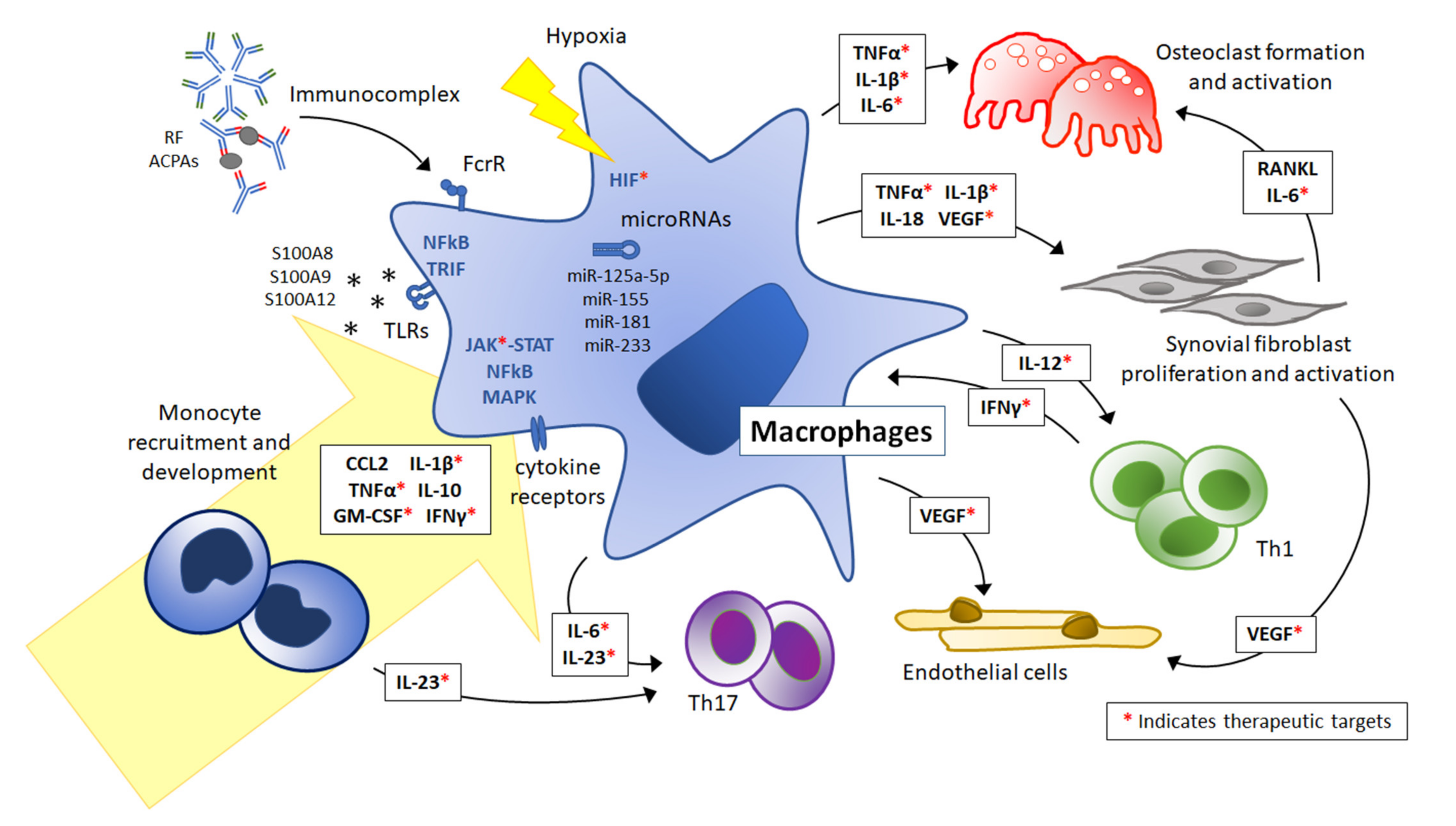
IJMS, Free Full-Text

The Nutritional Intervention of Ingredients from Food Medicine Homology Regulating Macrophage Polarization on Atherosclerosis

Lgr4 Governs a Pro-Inflammatory Program in Macrophages to Antagonize Post-Infarction Cardiac Repair
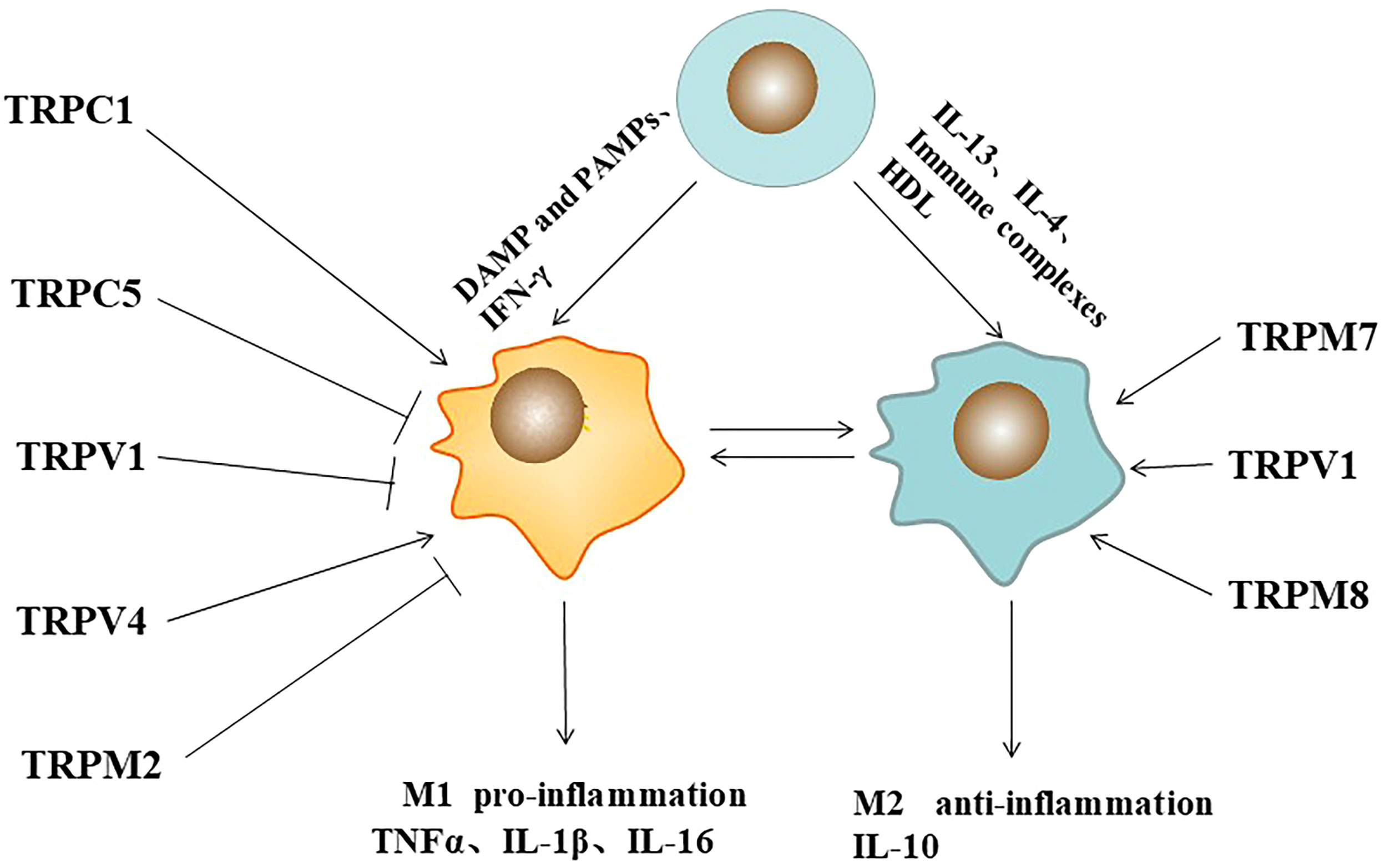
Frontiers Function of TRP channels in monocytes/macrophages

Macrophages in oxidative stress and models to evaluate the antioxidant function of dietary natural compounds - ScienceDirect
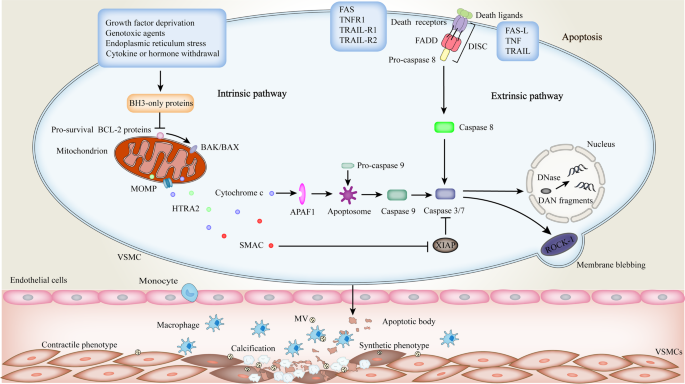
Programmed cell death in atherosclerosis and vascular calcification
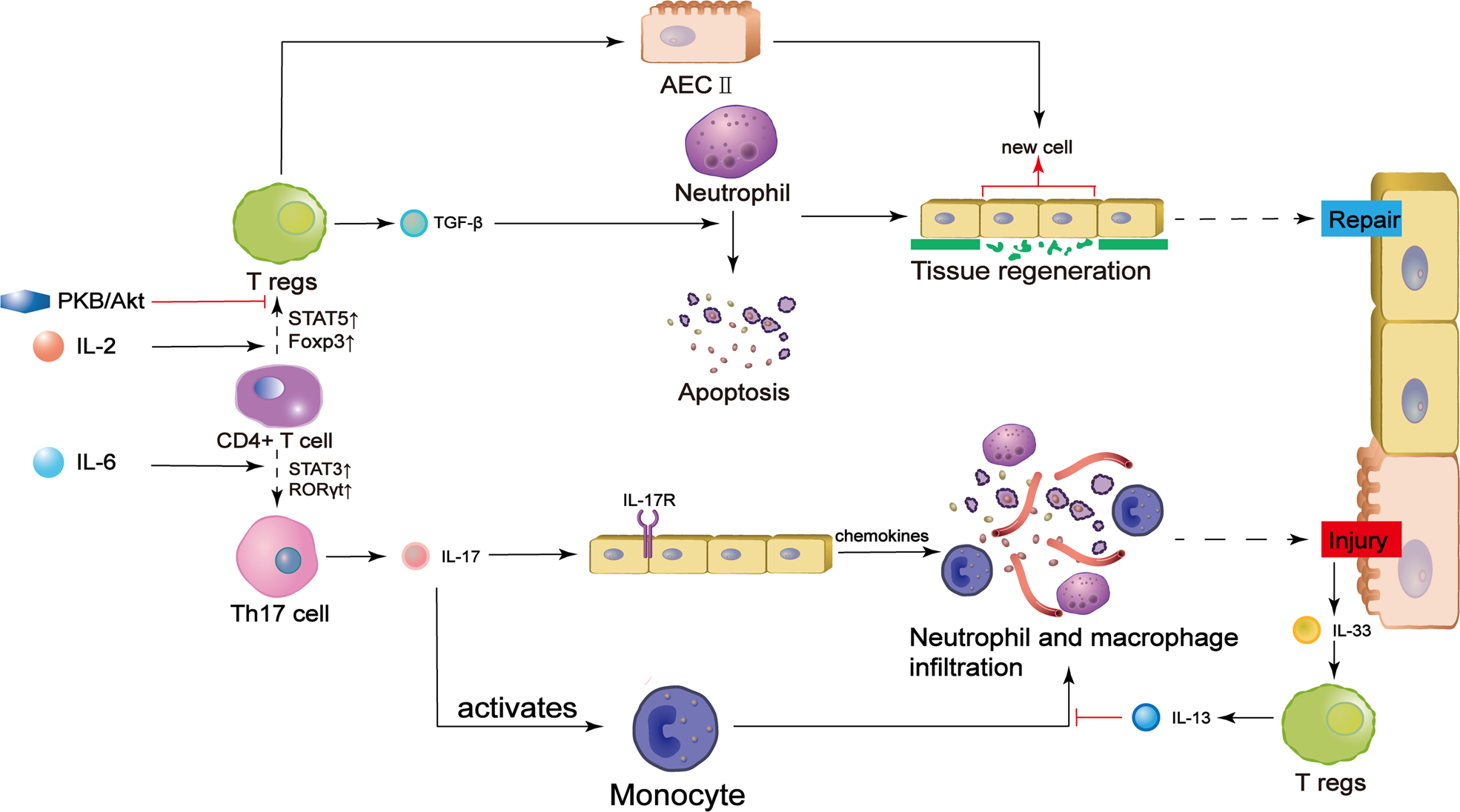
Regulatory T cell and macrophage crosstalk in acute lung injury: future perspectives

Different mechanisms of arsenic related signaling in cellular proliferation, apoptosis and neo-plastic transformation - ScienceDirect
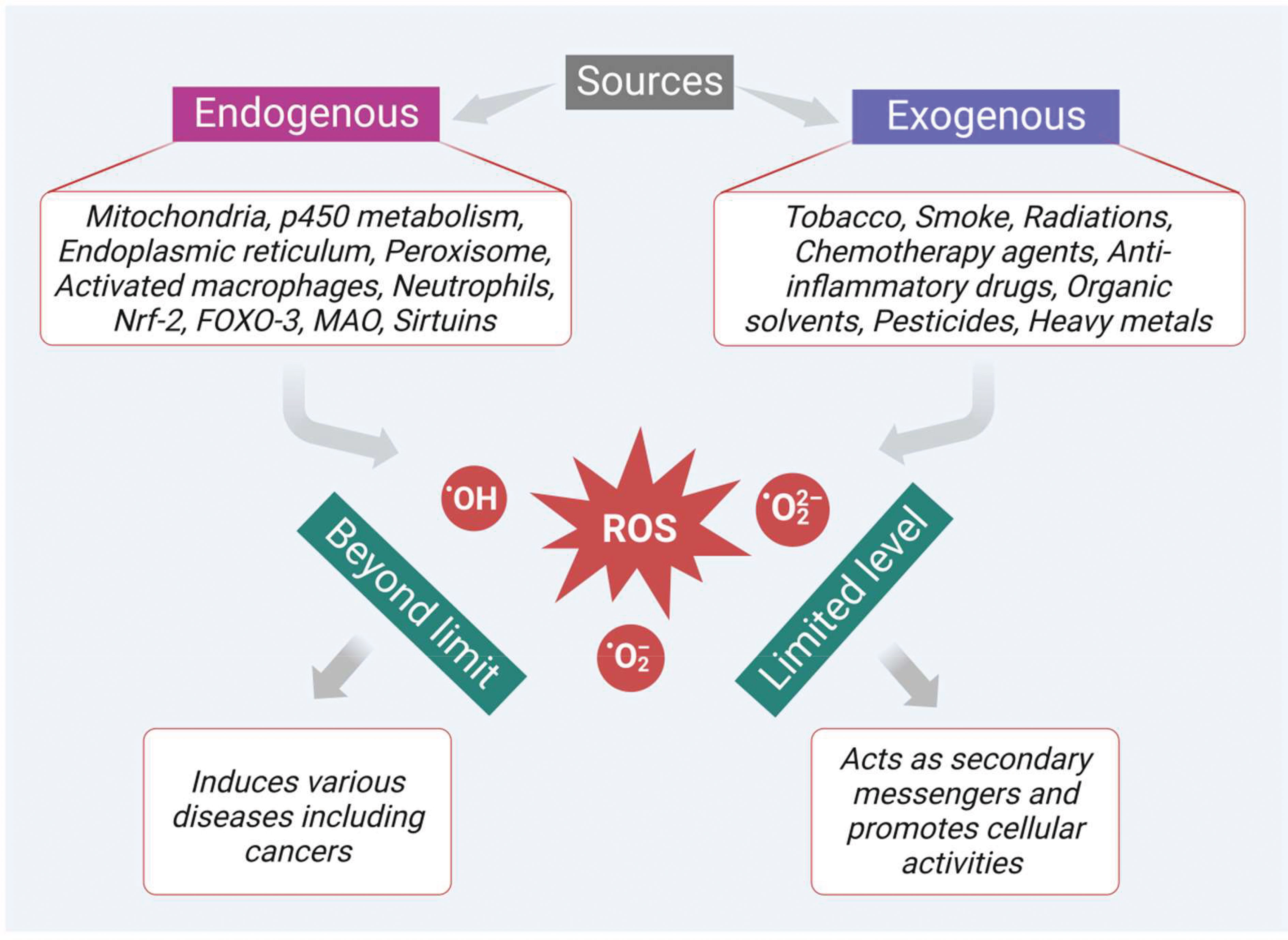
Frontiers Reactive oxygen species mediated apoptotic death of colon cancer cells: therapeutic potential of plant derived alkaloids
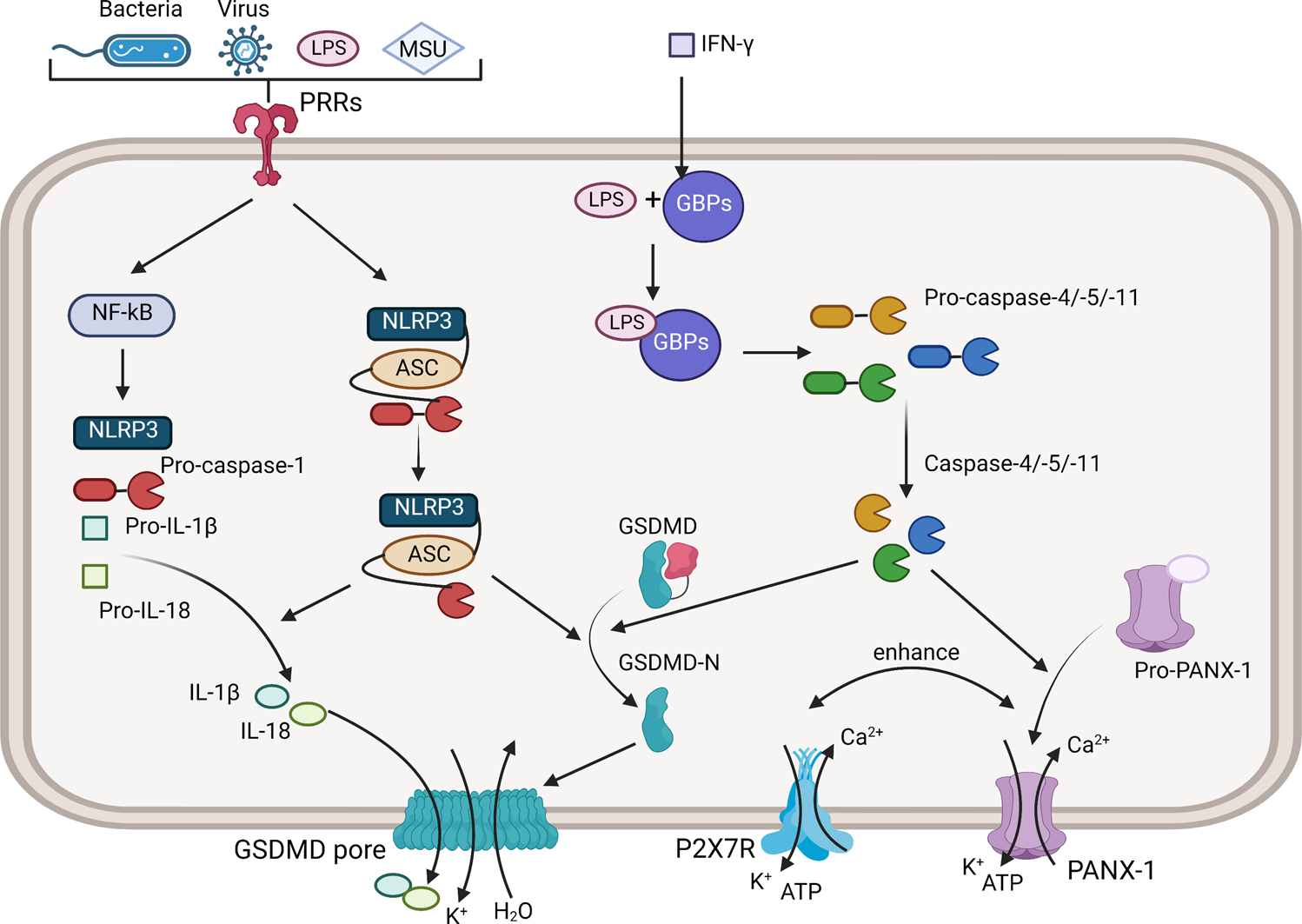
The regulatory role and therapeutic application of pyroptosis in musculoskeletal diseases

Rebalancing liver-infiltrating CCR3+ and CD206+ monocytes improves diet- induced NAFLD - ScienceDirect
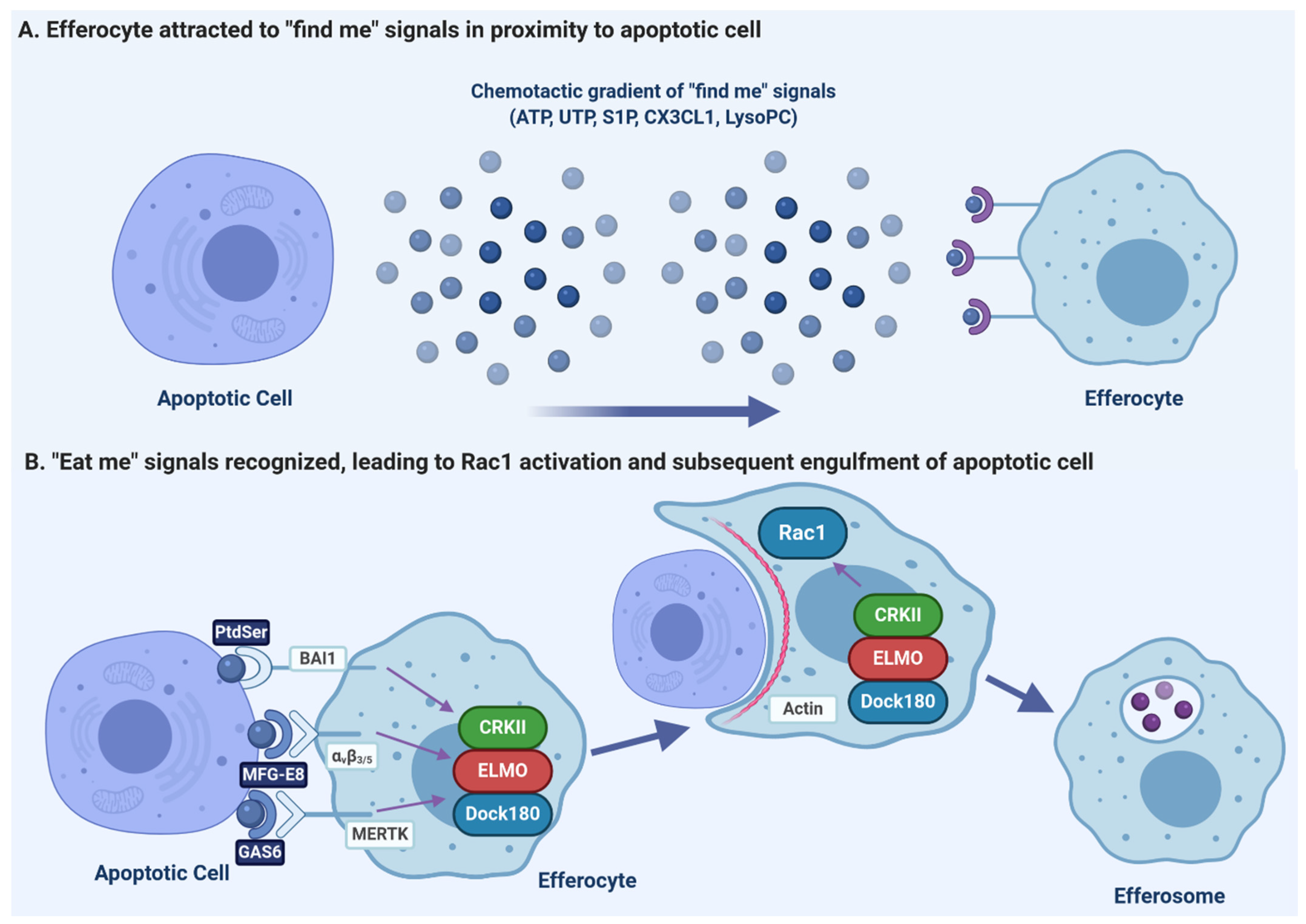
Pathogens, Free Full-Text

Consequences and Therapeutic Implications of Macrophage Apoptosis in Atherosclerosis
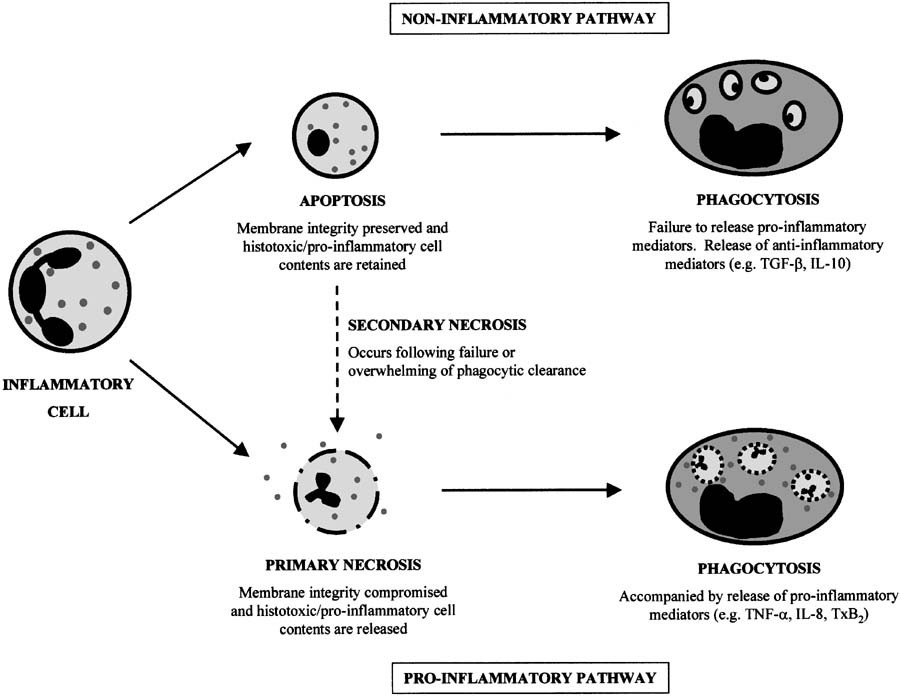
Nitric oxide: a key regulator of myeloid inflammatory cell apoptosis
Recomendado para você
-
 my reaction to MDPOPE! by Jazzystar123 on DeviantArt01 março 2025
my reaction to MDPOPE! by Jazzystar123 on DeviantArt01 março 2025 -
 Dead Zone Seasons 1 & 2 Base Card Set 100 Cards01 março 2025
Dead Zone Seasons 1 & 2 Base Card Set 100 Cards01 março 2025 -
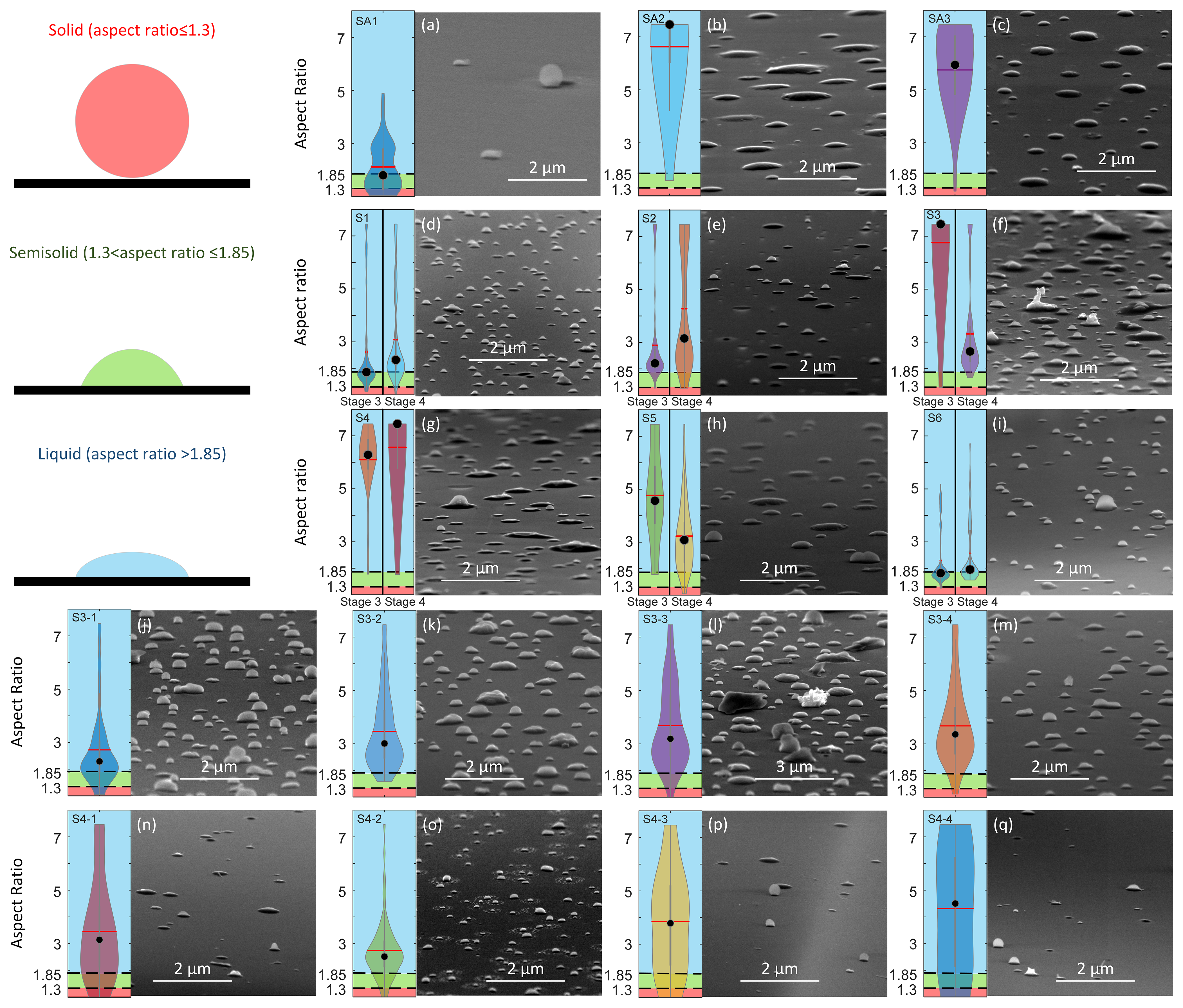 ACP - Particle phase-state variability in the North Atlantic free troposphere during summertime is determined by atmospheric transport patterns and sources01 março 2025
ACP - Particle phase-state variability in the North Atlantic free troposphere during summertime is determined by atmospheric transport patterns and sources01 março 2025 -
 No AU - MDPOPE Sans by MushroomSer333 on DeviantArt01 março 2025
No AU - MDPOPE Sans by MushroomSer333 on DeviantArt01 março 2025 -
 Exploring the Nanostructures Accessible to an Organic Surfactant Atmospheric Aerosol Proxy01 março 2025
Exploring the Nanostructures Accessible to an Organic Surfactant Atmospheric Aerosol Proxy01 março 2025 -
 Download Listing - C2itmedia01 março 2025
Download Listing - C2itmedia01 março 2025 -
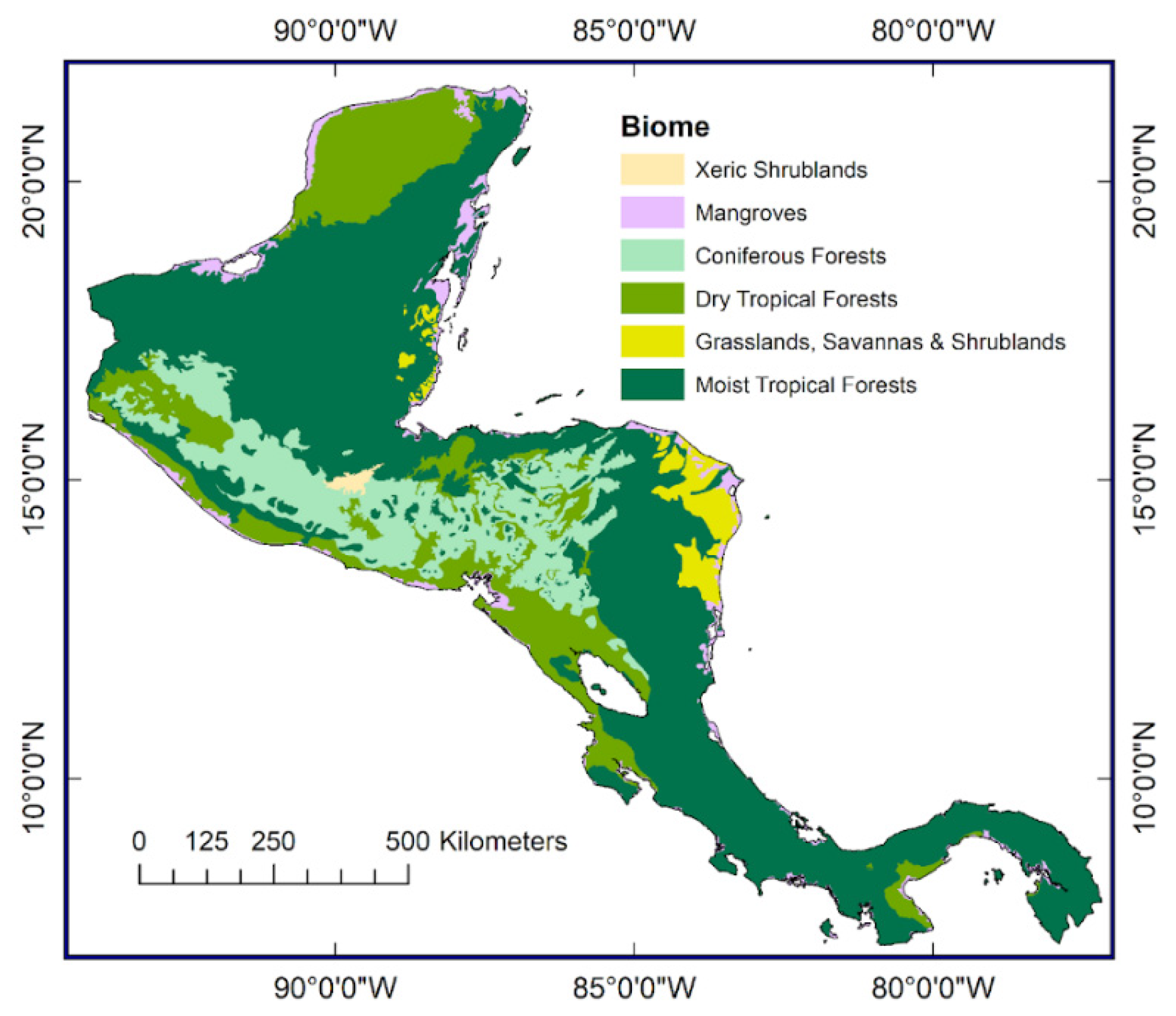 Forests, Free Full-Text01 março 2025
Forests, Free Full-Text01 março 2025 -
 Download MDPOPE album songs: GOD SCREAMS OUT01 março 2025
Download MDPOPE album songs: GOD SCREAMS OUT01 março 2025 -
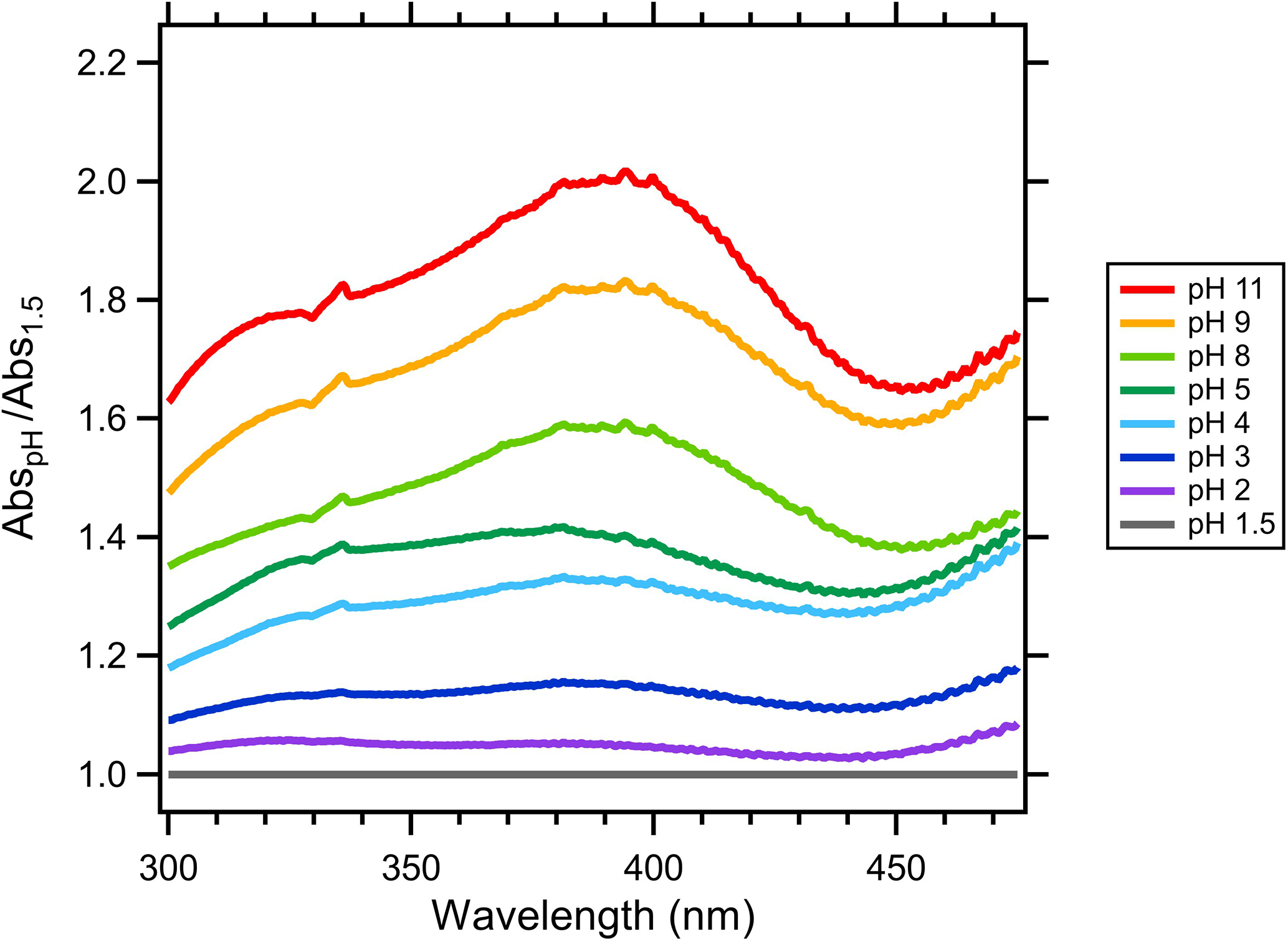 ACP - pH dependence of brown-carbon optical properties in cloud water01 março 2025
ACP - pH dependence of brown-carbon optical properties in cloud water01 março 2025 -
 Synthesizing and analyzing long-term monitoring data: A greater sage-grouse case study - ScienceDirect01 março 2025
Synthesizing and analyzing long-term monitoring data: A greater sage-grouse case study - ScienceDirect01 março 2025
você pode gostar
-
 Wesley Customized FIFA 21 Mar 30, 2021 SoFIFA01 março 2025
Wesley Customized FIFA 21 Mar 30, 2021 SoFIFA01 março 2025 -
 Pinay Beauty and Style: Taking Care of My Mental Health with Free01 março 2025
Pinay Beauty and Style: Taking Care of My Mental Health with Free01 março 2025 -
 High Card (Manga), High Card Wiki01 março 2025
High Card (Manga), High Card Wiki01 março 2025 -
 Your love is high like the tide and pull me in01 março 2025
Your love is high like the tide and pull me in01 março 2025 -
 Copa do Mundo FIFA. copa do mundo 2022. modelo de calendário de jogos. tabela de resultados de futebol, bandeiras de países do mundo. ilustração vetorial 12720621 Vetor no Vecteezy01 março 2025
Copa do Mundo FIFA. copa do mundo 2022. modelo de calendário de jogos. tabela de resultados de futebol, bandeiras de países do mundo. ilustração vetorial 12720621 Vetor no Vecteezy01 março 2025 -
Even if the One Punch Man season 2 has bad animation, is its story any good? - Quora01 março 2025
-
 Roblox application thinks my PC is 32 bit when it is 64 bit. :D01 março 2025
Roblox application thinks my PC is 32 bit when it is 64 bit. :D01 março 2025 -
 Núcleo Enxadrístico de Macaíba: GM Alexandr Fier Vence o FCO 202101 março 2025
Núcleo Enxadrístico de Macaíba: GM Alexandr Fier Vence o FCO 202101 março 2025 -
 Bike aro 20 em Diadema Clasf esportes-e-fitness01 março 2025
Bike aro 20 em Diadema Clasf esportes-e-fitness01 março 2025 -
 Timeline, Andor01 março 2025
Timeline, Andor01 março 2025